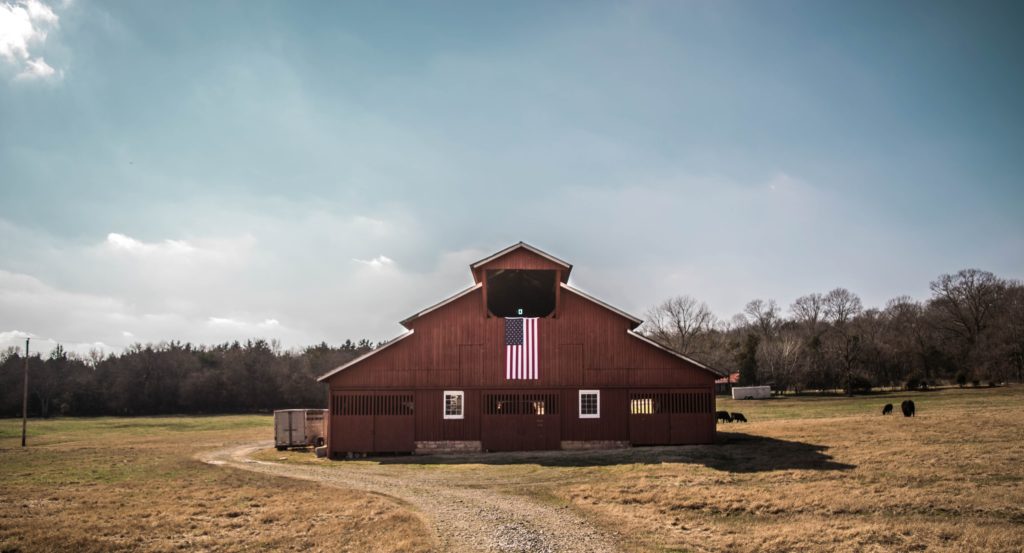Happy Independence Day! I hope everyone has a safe and enjoyable holiday. Here are a few of the ag law stories in the news over the past couple of weeks.

Photo by Tanner Boriack on Unsplash
*Dicamba update. As you recall from this prior post the United States Court of Appeals for the Ninth Circuit issued an order vacating registrations for three over-the-top dicamba products for soybeans and cotton. Shortly thereafter, the Environmental Protection Agency issued a cancellation order, which allowed certain existing stocks to be used through July 31. [Read blog post on the cancellation order here.] Next, the US Court of Appeals for the Ninth Circuit denied the plaintiffs’ request to set aside the EPA cancellation order to to hold the EPA in contempt for issuing an order allowing the continued, albeit limited, use of the pesticides. [Read article here.] The court also rejected a request to stay and recall the court’s cancellation order for the products. [Read article here.]
Then, on June 26, Bayer announced that it had entered into a $4 million settlement in dicamba drift litigation. This was part of a $1 billion settlement, which also involved claims related to glyphosate. With regard to the dicamba settlement, Bayer agreed to pay up to $300 million to soybean producers who suffered yield losses to dicamba damage during the 2015-2020 time frame. The remaining $100 million is intended for claims of damage for crops other than soybeans and to cover litigation costs. Emily Unglesbee wrote a great article offering more detail and answering common questions about the settlement here.
Additionally, Bayer has announced that it will cancel its plan to build a $1 billion dicamba plant in Luling, LA, stating that this decision was not related to the Ninth Circuit ruling vacating the registration for their Xtendimax dicamba product. [Read article here.]
Keep in mind that the registration for the three dicamba products at issue in the Ninth Circuit litigation was set to expire at the end of 2020 regardless of the litigation, so the future of these three products will likely depend on the outcome of a subsequent registration application for the coming years.
*Court finds North Carolina “ag gag” law unconstitutional. A federal judge has held most of North Carolina’s “Property Protection Act” unconstitutional. [Read article here.] The North Carolina law was written more broadly than similar laws in other states, as it was not specifically limited to agriculture. Additionally, the law did not impose criminal penalties, but instead, allowed an agriculture operation to sue employees who provided false information in the hiring process or snuck cameras onto the farm. In his 73-page opinion, the judge found the law violated the First Amendment. [Read full opinion here.]
*Additional litigation regarding Navigable Waters Protection Rule. In addition to the lawsuits we have previously discussed on this blog, there have been a number of additional lawsuits filed challenging the NWPR’s definition of “waters of the United States.” To see articles addressing many of the pending lawsuits, click here and here.
*US Supreme Court will not hear Klamath takings case. The United States Supreme Court has denied a petition for certiorari in a takings lawsuit involving Klamath farmers whose water use was curtailed in 2001 to protect endangered sucker fish. In 2019, the US Court of Appeals for the Federal Circuit denied the claims, based on a holding that Native American tribes had senior water rights to the farmers, thereby justifying the curtailment. [Read articles here and here.]











